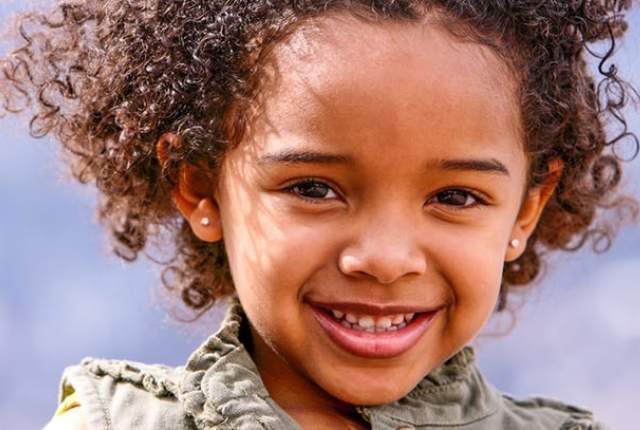So, you simply threw a celebration for your kid's birthday? And your mind hovers over to the complicated task of potty training. Well, many moms and dads go through this obstacle between 18 months and 3 years of age. Toilet training any kid can be hard, and the tasks gets more difficult if the kid has developmental hold-ups such as cerebral palsy or intellectual impairments like the autism, down syndrome, psychological retardation.
The process of potty training unique requirements kids may not necessarily begin at the age two or three since of developmental and intellectual issues. Nevertheless, potty training special requirements kids can increase their independence and increase their confidence.
When to Start Potty Training?
Begin the procedure in non-stressful times to avoid or at least decrease episodes of resistance. Beginning the process when your household is going through modification such moving or arrival of a new baby may not be the very best.Check for your child's physical and developmental readiness. Some indications could consist of ability to follow easy instructions, showing pain in unclean diapers, being aware of a complete bladder (this might be challenging for a kid with cerebral palsy at age 2 or 3 as the child might enough have enough bladder awareness), recognizes when he or she needs to urinate or have a defecation and can stay dry for a minimum of 2 hours.
Take into account your child's verbal and cognitive abilities. The procedure will be a lot easier if your kid has the minimum level of verbal ability and can comprehend what you are attempting to explain.
How to Begin the Potty Training Process?
The key is keeping the process simple. If you believe your child is prepared usage straightforward gesture and one-word comments such as wet, dry, pee and poop. For e.g. smile when you complete altering a bedwetting diaper and say dry.When your child is more accustomed to fundamental terms, begin taking him to the restroom and have him see you utilizing the toilet, dressing and undressing or if you have other kids in the household let the kid observe. Keep your gestures and words same when your kid is observing you or another kid in the toilet. For e.g. if the kid is observing an older sibling, smile and say dry when the other child is done using the restroom.
Take your kid to the toilet often might be as soon as every hour. Ask your child if he or she needs to potty and take to the toilet even if she or he says no. However, if the child is resistant do not push and try again later on.
Keeping a chart or a diary to tape-record the time of the day your kid's wets or is likely to have a bowel movement. Tracking these motions might reduce the frequent trips to the toilet and make training special requirements kids easier.
When toilet training special needs kids, bear in mind that your kid will not master everything all at once. So, break the procedure into pieces, that is let your kid find out to communicate that she or he requires to go, prior to you expect them to find out to gown or undress or master wiping strategies.
If your child is moistening while sleeping use a bedwetting alarm. It will reveal you how to stop bedwetting.
Let them have toilet training tool. Chummie Happiness Potty Training Ladder Step Up Seat will make potty training a fun experience. Your child will be more inclined to potty train quicker, which will ultimately increase your kid's independence.

Post a Comment